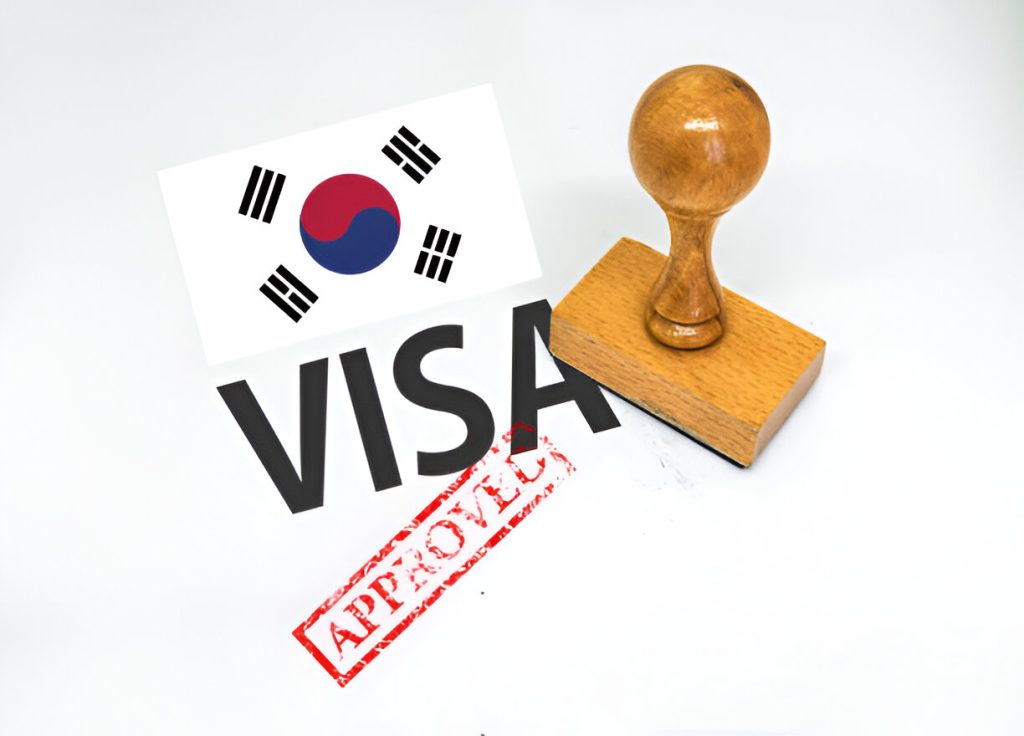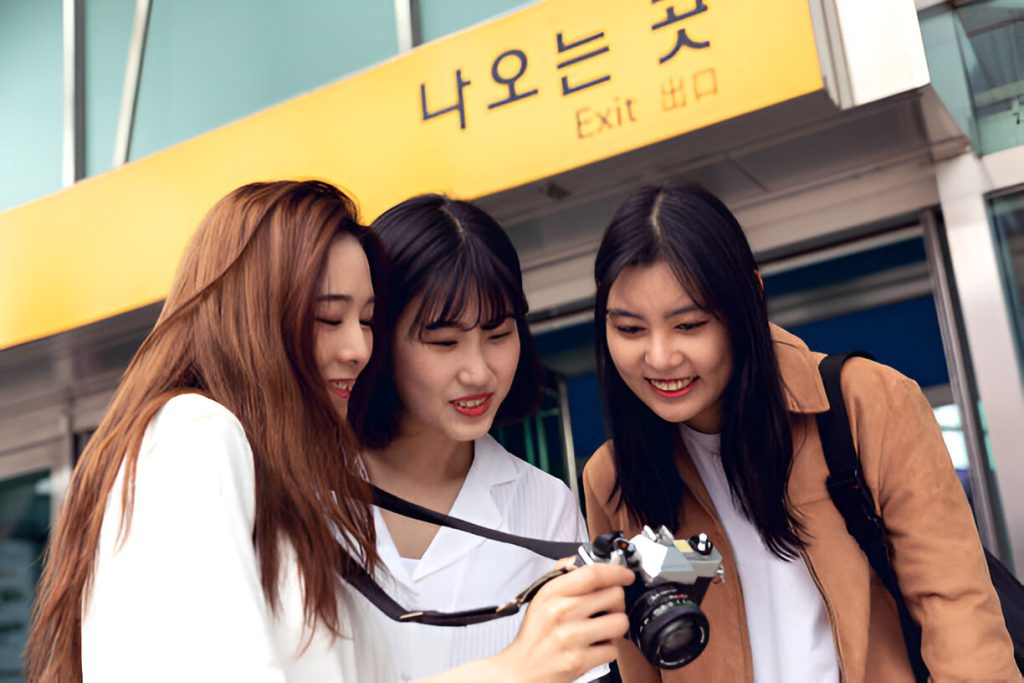South Korea is slowly becoming the most popular tourist destination on the planet. Seoul, the capital, is already considered one of the cultural capitals of the world. South Korea is appealing due to its mixture of technological advancement, beautiful landscapes, historical monuments, and its engaging and rich culture.
The meteoric rise of K-Pop in the music world has also spurred South Korea’s tourism industry to new heights. And the nation has embraced this wholeheartedly as well. Putting K-pop front and center in a vast majority of their nation’s tourism marketing. Hallyu, the word that defines the wave of Korean culture that is spreading across the globe, is estimated to have been responsible for over 50% of the nation’s inbound tourism.
If you’ve been considering a trip to South Korea, which we cannot recommend enough, then there are a few things you should be aware of regarding the necessary visas. South Korea has made some changes to specific visas over the last few years. While also introducing some new ones. Today we are going to be breaking all of this down for you.
New Digital Nomad Visa
The biggest change is the introduction of the new digital nomad workaction visa. This was introduced at the beginning of 2024. As the name implies this visa is aimed at foreign nationals looking to carry out remote work while in South Korea. Digital nomadism has become a huge part of the modern working world. Particular in the aftermath of the Covid-19 pandemic.
The visa does come with quite a few caveats though. It is aimed at individuals who earn a minimum of $65K a year. Applicants must only carry out work for their current employer and this employer must not be based in South Korea. The visa does not permit the applicant to work for any South Korean company while in the nation.
In addition, the applicant must have an active health insurance policy and have been employed for a year minimum. If all these conditions are met then the visa allows the applicant to work in South Korea for up to a year, with possibility of an extension. The applicant can bring spouses and children under the age of 18 into the country with them.
This visa has opened up a world of new possibilities for digital nomads and for South Korea’s tourism industry alike. Applicants will have full access to all of the amenities offered to regular tourists and residents. Getting to enjoy Seoul’s many karaoke bars, restaurants, nightclubs, and museums. Or spending a luxurious evening at the Gangnam fullSalon. They will also have complete freedom of movement in South Korea. Allowing them to work wherever they wish within the country.
No More Visa Stamps
One other change that has been put into effect recently is the decision to remove the needs for visa stamps. Previously, when traveling into South Korea, people would have had a stamp affixed to a page within their passport. This system, which was once global, has been phased out in many places.
Instead, visitors must secure K-ETA approval. K-ETA is a digital immigration authorization system. Similar to a lot of the new digital visas systems being implemented across the globe. Applicants simply fill out a form, stating the reason for their trip and any pertinent personal information. They then have to wait for approval before traveling to South Korea.
This allows up to 90 days of travel into South Korea. This visa is applicable to tourists and those looking to conduct short-term business within the country. Seeking or securing employment within South Korea on this system is strictly prohibited though. So bear that in mind. The employment visas for South Korea haven’t undergone any radical changes in recent years. So it is always best to consult their governments websites or your own to find out how to secure a full-time work visa.
One thing to note is that, if you are a British national traveling to South Korea visa free then you do not need to secure K-ETA approval until 2025.
What These Changes Mean For You
In the grand scheme of things these changes aren’t going to affect you too drastically. The significance of these changes are very positive. South Korea has been leaning heavily into their bustling tourism industry and immigration sectors. They have always welcomed the benefits and the new digital nomad visa is indicative of their commitment to making South Korea a welcoming and forward thinking country.
It is likely that they may make changes to other visas in the coming years. Or introduce new ones. So it would be prudent to keep an eye on official news coming out of South Korea if you are planning to travel there in the future.





